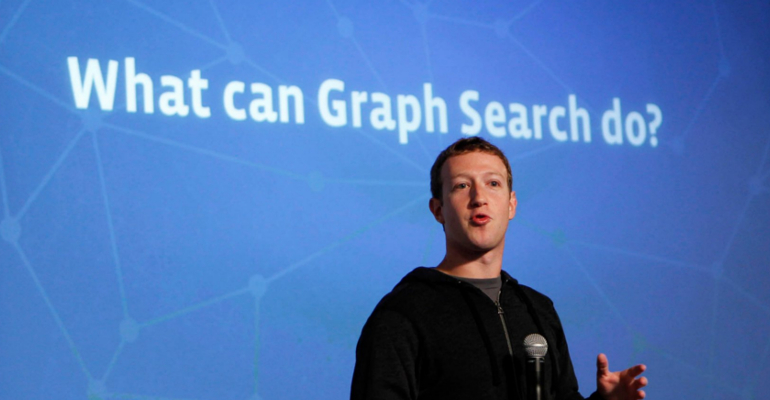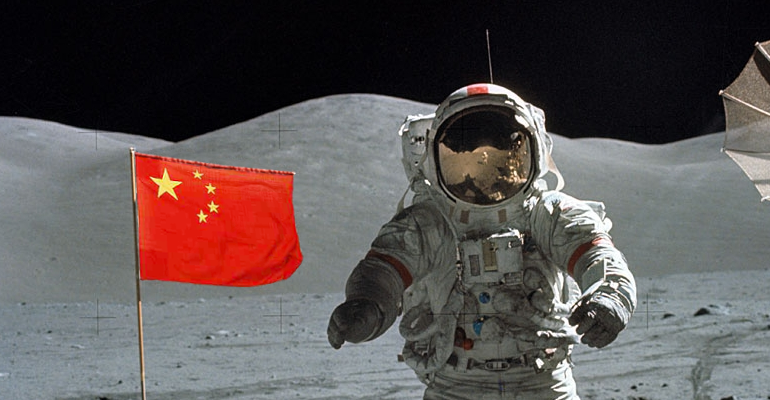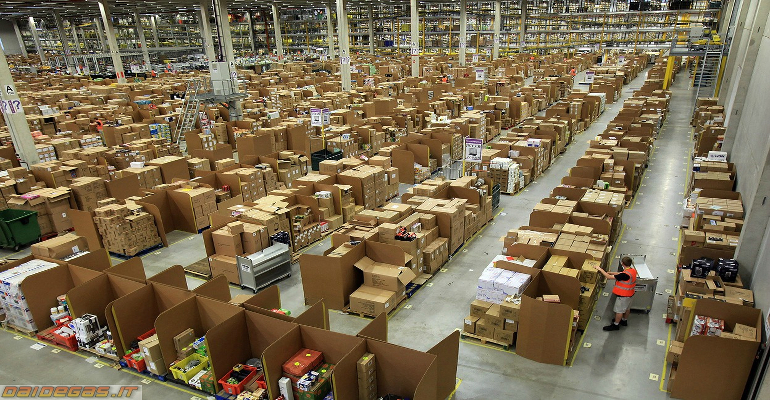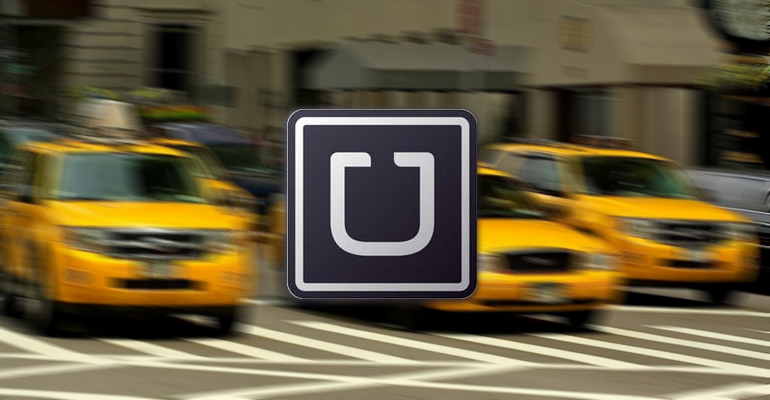Mark Zuckerberg invited the main media to the company’s headquarters at Menlo Park, California, where he presented “Graph Search”, the new social search engine defined as “the next great pillar of the Facebook ecosystem “.
It’s not a stand-alone search engine like Google: Graph Search will analyse the data of registered users and their connections.
Graph Search will lead users to people, pages or locations that already exist on Facebook. Search results will change according to the evolution of users’ personal relations on this network, something which can’t be done with Google.
With Graph Search it will be possible to search “ Spanish restaurants where my friends have been”, or “beauty centres where my friends have been”, or “picture of me with Laura in 2008” and so on. This means that filters and levels of advanced search are unprecedented. Facebook will not do everything on its own, search results will be combined with “web-based” ones provided by its partner Bing, Microsoft’s well known search engine.
An advantage for users is that they won’t have to leave the social network to make a search, and this is the main aim of the company, which will thus take away users from Google. Also, by spending more time on Facebook, users also spend more time reading ads, a primary source of income for Zuckerberg.
In the world of marketing, Graph Search will produce significant changes: fans of pages will become more important. Thanks to the new social search engine, people who like a Facebook page and share its contents will automatically become non-official spokespersons and supporters of the brand, thus improving the ranking of the company that owns that page when users make a search involving the brand’s name.
With Graph Search, Facebook turns real people’s wish to receive advice from their friends, rather than from cold algorithms and anonymous comments.
Companies must now face a new challenge: they must encouraging customers to become fans of their pages and motivate them to continuously interact with contents. Also, users must be encouraged to geolocalise their arrival to premises, shops, restaurants, and so forth.
This way, developing a marketing strategy on Facebook now has a different meaning, and fan pages have never been so important.










